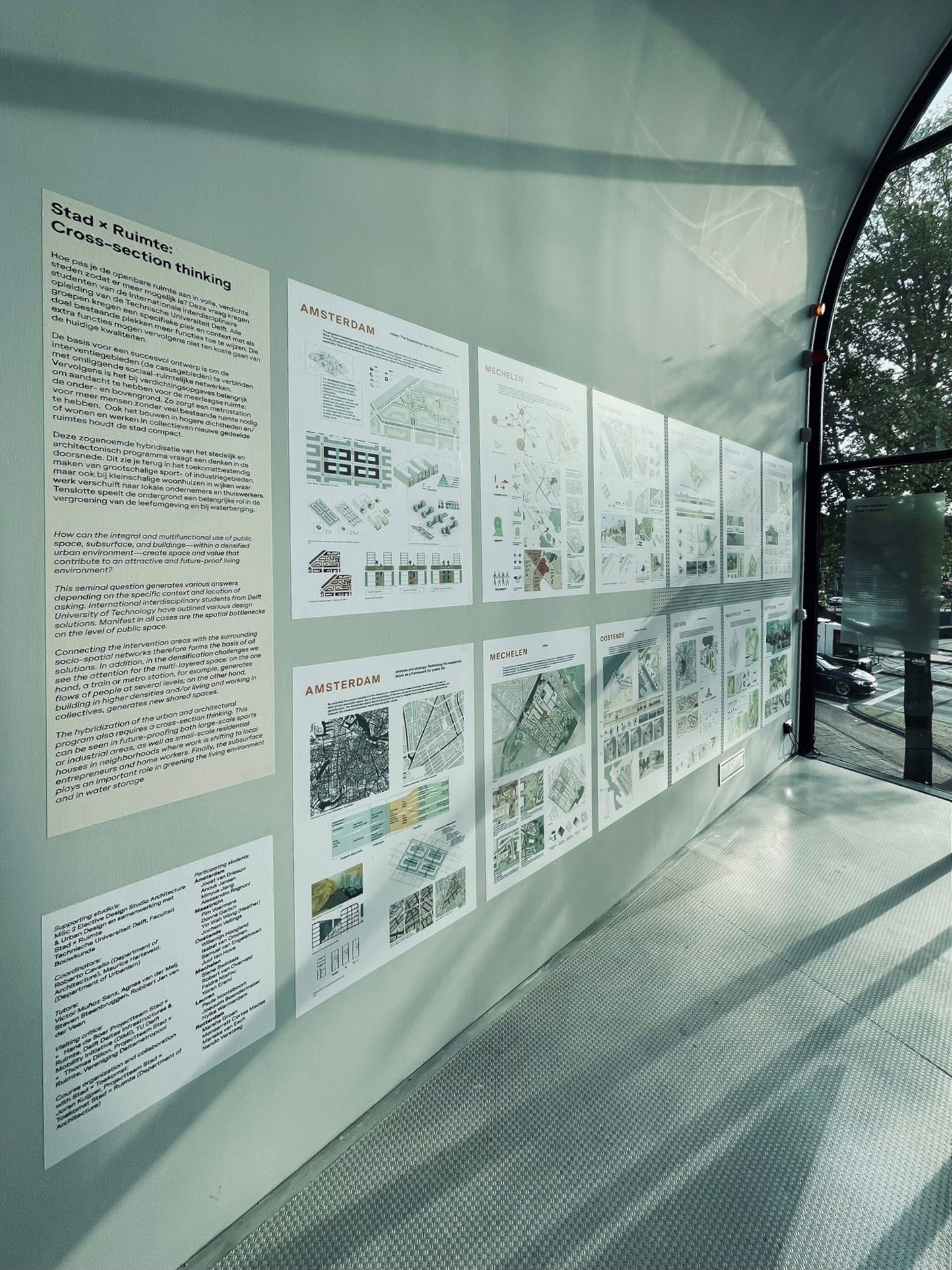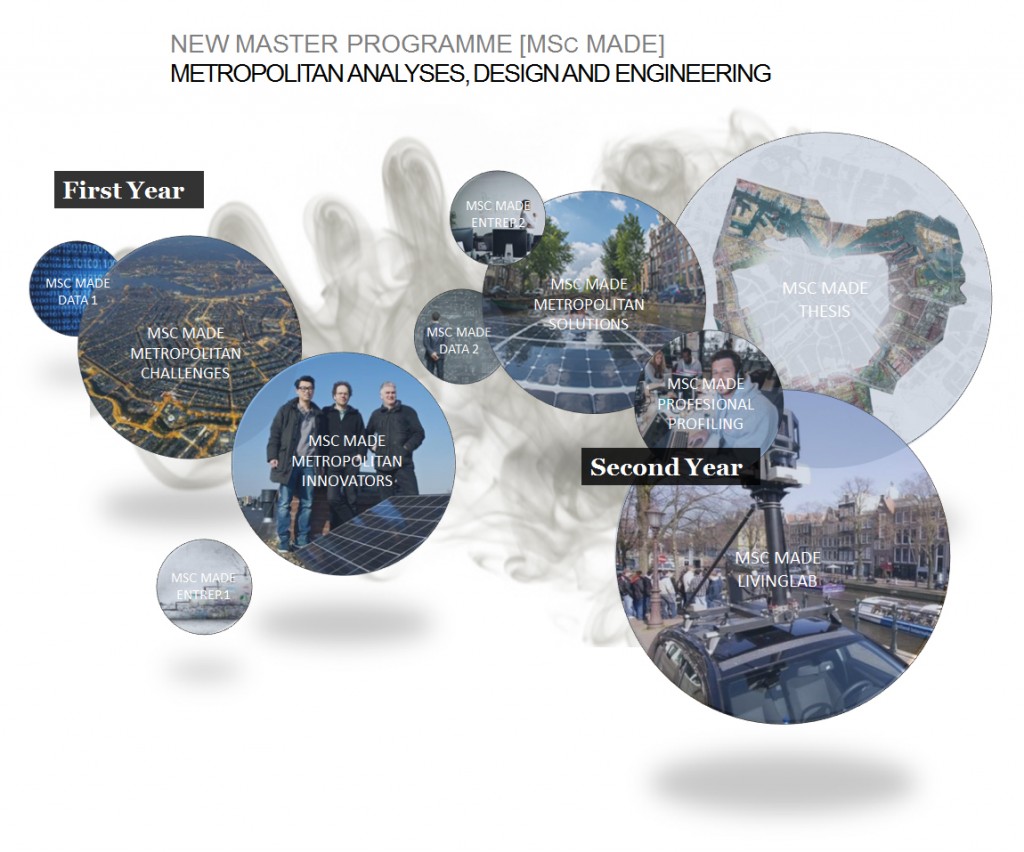New Roots for Underground Urbanism – Exhibition

photo by Joran Kuijpers
City x Space: Cross-Section Thinking
How can the integral and multifunctional use of public space, subsurface, and buildings -within a densified urban environment – create space and value that contribute to an attractive and future-proof living environment?
“This seminal question generates various answers depending on the specific context and location of asking. International interdisciplinary students from Delft University of Technology have outlined various design solutions. Manifest in all cases are the spatial bottlenecks on the level of public space. Connecting the intervention areas with the surrounding socio-spatial networks, therefore, forms the basis of all solutions. In addition, in the densification challenges we see the attention for the multi-layered space: on the one hand, a train or metro station, for example, generates flows of people at several levels; on the other hand, building in higher densities and/or living and working in collectives, generates new shared spaces.” As Maurice Harteveld explains in the exhibition; “The hybridization of the urban and architectural program also requires a cross-section thinking. This can be seen in future-proofing both large-scale sports or industrial areas, as well as small-scale residential houses in neighborhoods where work is shifting to local entrepreneurs and home workers. Finally, the subsurface plays an important role in greening the living environment and in water storage.”
Continue reading



